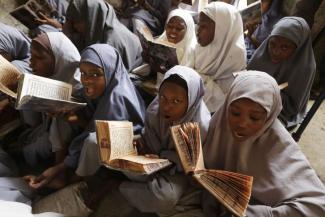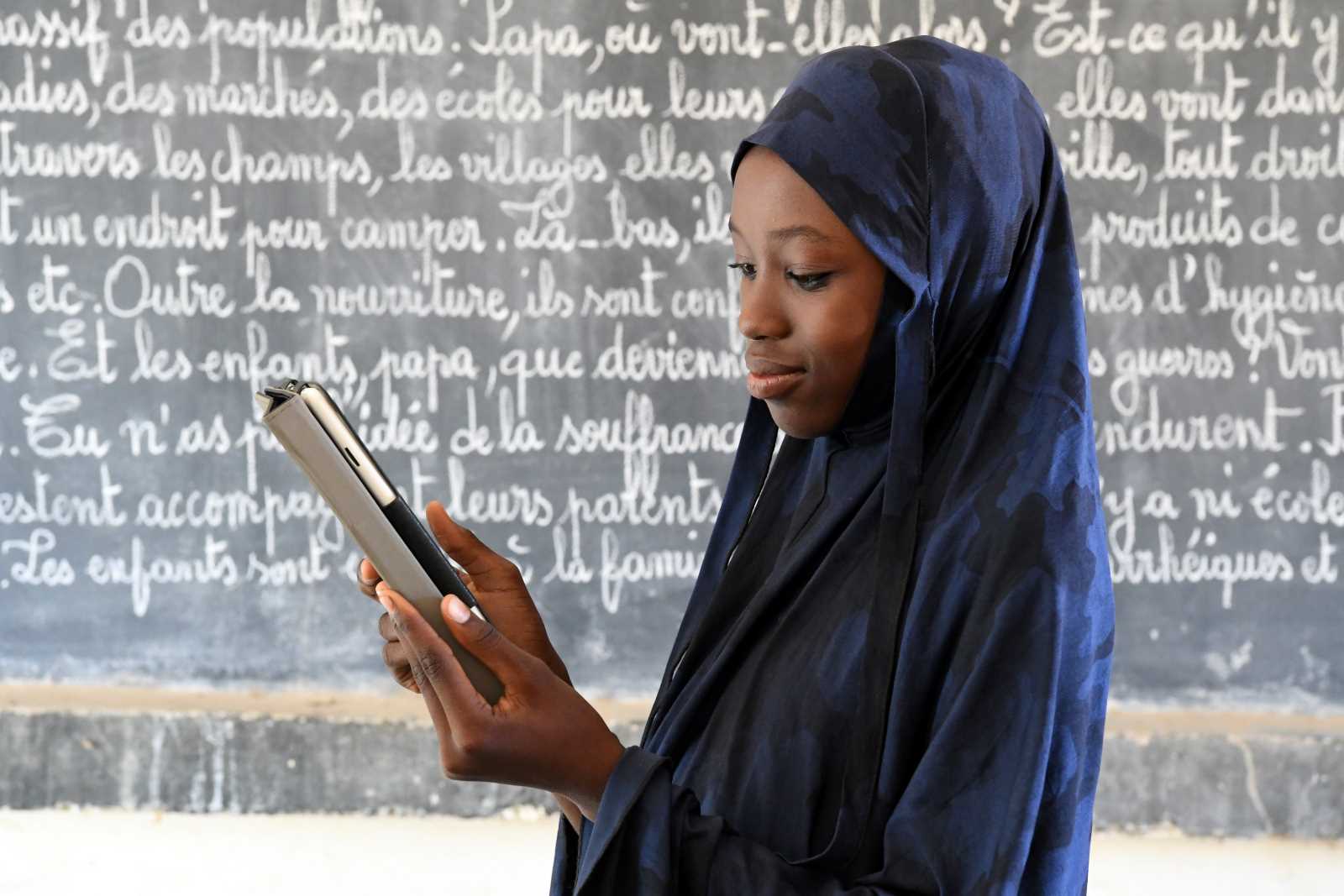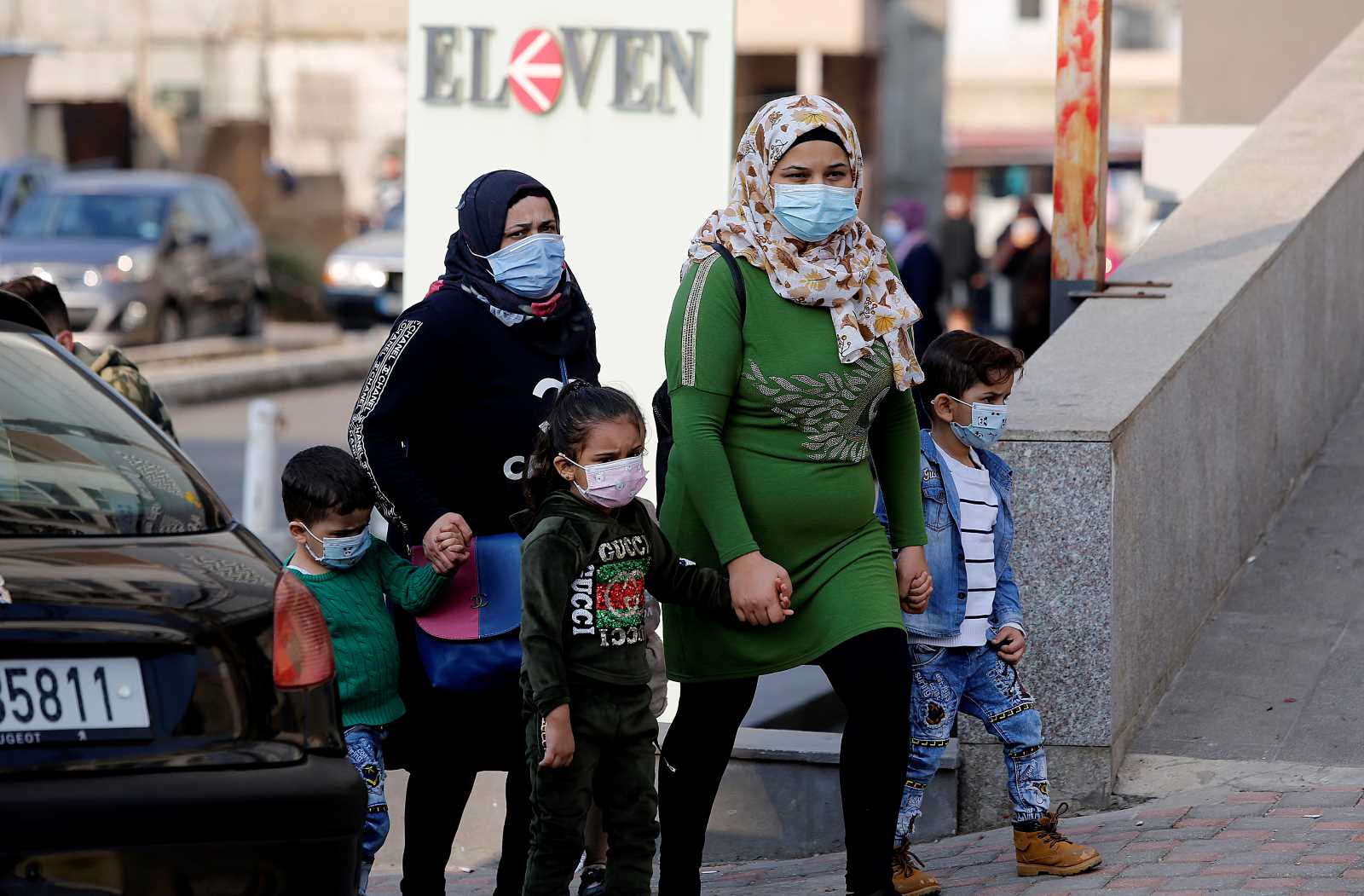Youth
The fates of two teenage mothers

Maria O. was suddenly feeling nauseous and light hearted. The 14 year old girl had no idea why. She had used tetracycline after she had sex with her new boyfriend, believing that this multi-purpose antibiotic was a contraceptive too. Her understanding of all issues relating to reproductive health and sex was quite poor.
“Everyone used to tell us that if a boy as much as touches you, or even looks at you too intensely, you would get pregnant,” Maria says. “Later, I realised that was an exaggeration.” She heard of several ways to not get pregnant. “A friend said I could use strong antibiotics after sex, so I chose tetracycline.” She did not dare to ask the lady at the pharmacy to recommend something that would prevent pregnancy. The reason was: “She would have told my mother, we attend the same church.”
Maria stopped going to school. Her parents kept her at home until she delivered the baby. At the age of 15, she was a mother, a role she was ill-equipped to handle.
Shame hurt her entire family. Maria’s mother recalls: “My husband and I are normally well respected in church, but we were relegated to background roles.” Members of the community accused them of not having taught their daughter good morals. For a while, Maria’s father even disowned both his daughter and his wife. “After entreaties by some elders, he allowed us back in,” Maria’s mother says.
For some time, Maria’s boyfriend denied having had sex with her. His parents had warned him that if he got a girl pregnant, he would have to marry her. He was outed, however, because he had bragged to friends about “conquering the bubbly Maria”. A hasty marriage was arranged.
That was six years ago. Maria is now a mother of three. She neither went back to school nor learned a trade. Her husband also dropped out of school. He was informally taught to fix cars by the roadside. The family always lacks money for food, school fees and other necessities.
Making matters worse, Maria’s husband, who is three years older than her, regularly abuses her. “He tells me all the time that I ruined his life,” Maria says. “He says that if I had not gotten pregnant, he might have finished secondary school; that I should have been smarter.” She says she would never have married him had social conventions not forced her to do so.
Aisha M.’s story is depressing in a different way. At the age of 11, she was married, supposedly to fulfil religious norms. She was pregnant soon. By the age of 16, she had three children.
Her young body, however, was not mature enough to withstand the stress of pregnancy and childbirth. Labour complications resulted in vesicovaginal fistula (VVF). This condition occurs when blood supply to the tissues between the vagina and bladder is restricted and tissue necrotises, creating holes through which urine passes.
Aisha underwent surgery twice, but the interventions failed to repair the fistula. Today, she moves around with a catheter inserted into a plastic bag to avoid soiling herself. Her husband did not divorce her, as is common, but he largely neglects her and has married a second wife.
Maria and Aisha live hundreds of miles apart. Their fates are only two examples of the hardships teenage mothers face in Nigeria. Usually, they drop out of school and cannot acquire any professional skills. Many struggle with health problems.











